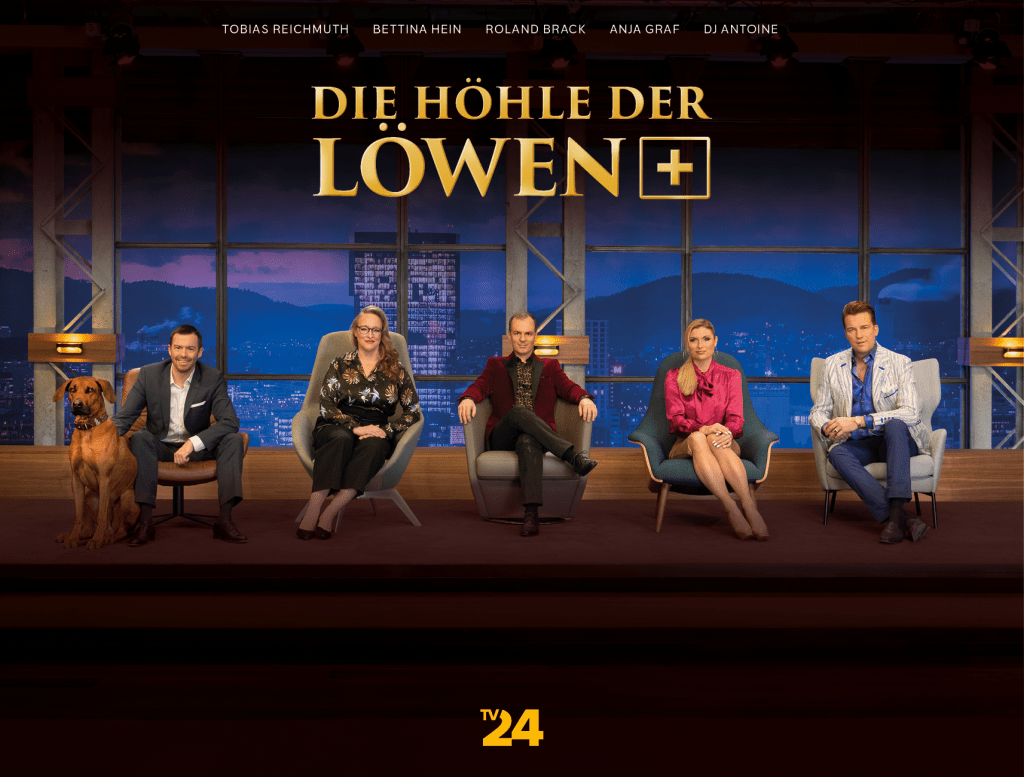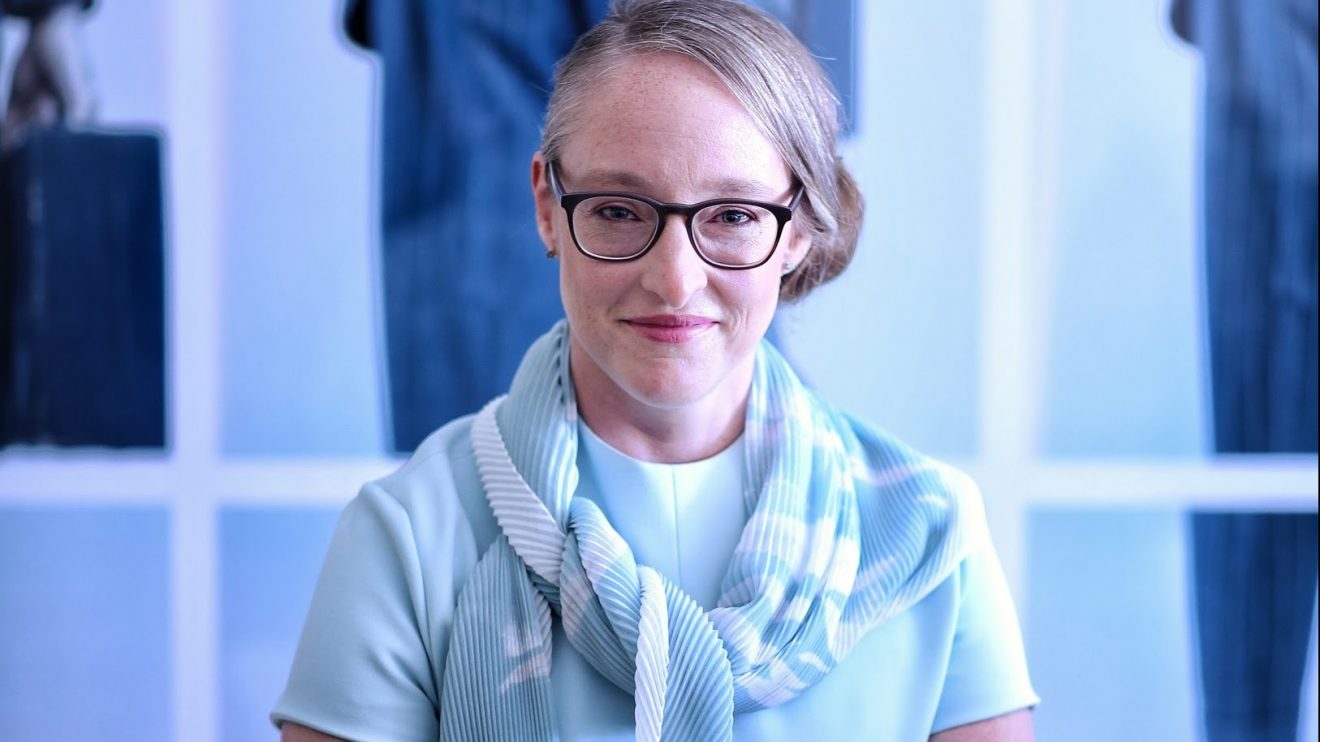Serial entrepreneur, Bettina Hein believes in the power of saying “yes” to opportunity. That’s how she landed a role on Höhle der Löwen, the Swiss adaptation of Shark Tank. Bettina is one of the show’s judges – or ‘lions’ – who evaluates pitches from entrepreneurs and determines which products will receive funding. As a founder who built up multiple tech companies, her experience in the startup world gives her a critical viewpoint into the traits needed for success.
Becoming a Lion
“I never expected that I would end up on reality TV,” said Hein, laughing. Some shows require applications or pitches, but her involvement started by chance. She happened to ride a train with a member of the Höhle der Löwen team who was gathering potential judges. As the two of them talked and shared details about their work, they suggested that Hein meet with the other members to discuss the project. She felt that it was worth a shot, even if she never saw herself as a potential lion.
“Within three weeks, I was signed on to be a judge,” Hein explained. “I was surprised by how real the whole thing was. These were real investments into projects that we didn’t know about ahead of time. It’s been amazing to work with the other lions.”

Startup Experience
Of course, the reason Hein was scouted and approved was because of her background qualifications. She grew up in a family of entrepreneurs. Her grandfather was an inventor and ran his own business, so she paid attention to the financial and logistical skills needed. By the time she was in graduate school, she founded START, a program encouraging and supporting college students who were interested in starting a business. Shortly after, she co-founded SVOX, a technology company making software for speech recognition and text-to-speech. SVOX was later acquired by Nuance Communications, selling for $125 million.
Founding Another Company
In 2008, Hein founded digital marketing company, Pixability. At the time, she predicted digital video would “explode” across the internet, a prediction that certainly came true. Pixability works specifically with businesses to boost sales through video advertising on YouTube and other streaming services. They have a particular focus on refining and optimizing the business’ target audience for better engagement.
Hein initially held the roles of both Founder and CEO, but she eventually left her leadership position. She remains on the Board of Directors, helping to oversee the company without taking a direct role.
Data and Digital Health
After working in marketing, Hein explained that she wanted to change industries and work in digital data, so she founded HelloYellow. The company’s goal was to work towards decentralizing the web, or creating a new structure for the internet where personal, private data is in the hands of the consumer and not conglomerates. They planned to build their technology on Solid, a decentralization project led by Professor Tim Berners-Lee of MIT, but ended up putting that work on hold for a new venture.
Hein’s direction shifted towards developing a health management app called juli. The app targets users with chronic physical or mental health conditions. juli works by gathering a large pool of data and using artificial intelligence to provide tailored suggestions. It’s described as a “360-degree overview” of a user’s health.
While the industry and focus of her work changed, Hein explained that her goal of decentralized data still plays a major role in the plans for juli.
“There’s still plenty of overlap with HelloYellow. You should be able to keep your personal data in your own hands. Right now, a lot of our web information doesn’t belong to us. We still have a goal of decentralization,” said Hein.
Managing Health with juli
Some of the data the app uses come from sleep, nutrition, or any lab results you’ve shared. It also incorporates environmental aspects such as the weather, noise level, or pollen count. The focus is to provide small, manageable suggestions to improve a user’s overall health. On their website, they provide a few samples of this. In one, juli suggests walking home from work – the weather forecast is nice, and the user reports a better mood after reaching 5,000 steps. Some of these are more behavioral, long-term changes, such as going to bed before 11 p.m. each day for a week.
juli is currently in a developmental phase and gathering testers. For this early stage, the team is currently focusing on conditions such as depression and asthma, though Hein is intending to push out the app by the end of the year.
Advice for Entrepreneurs
From both her own experience and her time evaluating pitches on Höhle der Löwen, Hein had plenty of wisdom to share with those building their own businesses and networks.
- Manage your press relations – no matter what your company does, if you’re in an interview, you manage your publicity
- Learn the art of the pivot, or the ability to adjust your company, product, or service to create a better fit
- Seek out and accept input from others
- Be a good source for journalists by offering your expertise and building your network.Say, “If you ever need a source on [blank], you can contact me.”
The most important trait Hein stressed was adaptability, or the willingness to say “yes.” Not blindly, but with an open mind to new opportunities and chances to learn. As Hein herself said, she never planned on becoming a judge on reality TV. Something beyond your comfort zone could be an amazing breakthrough.






Add Comment